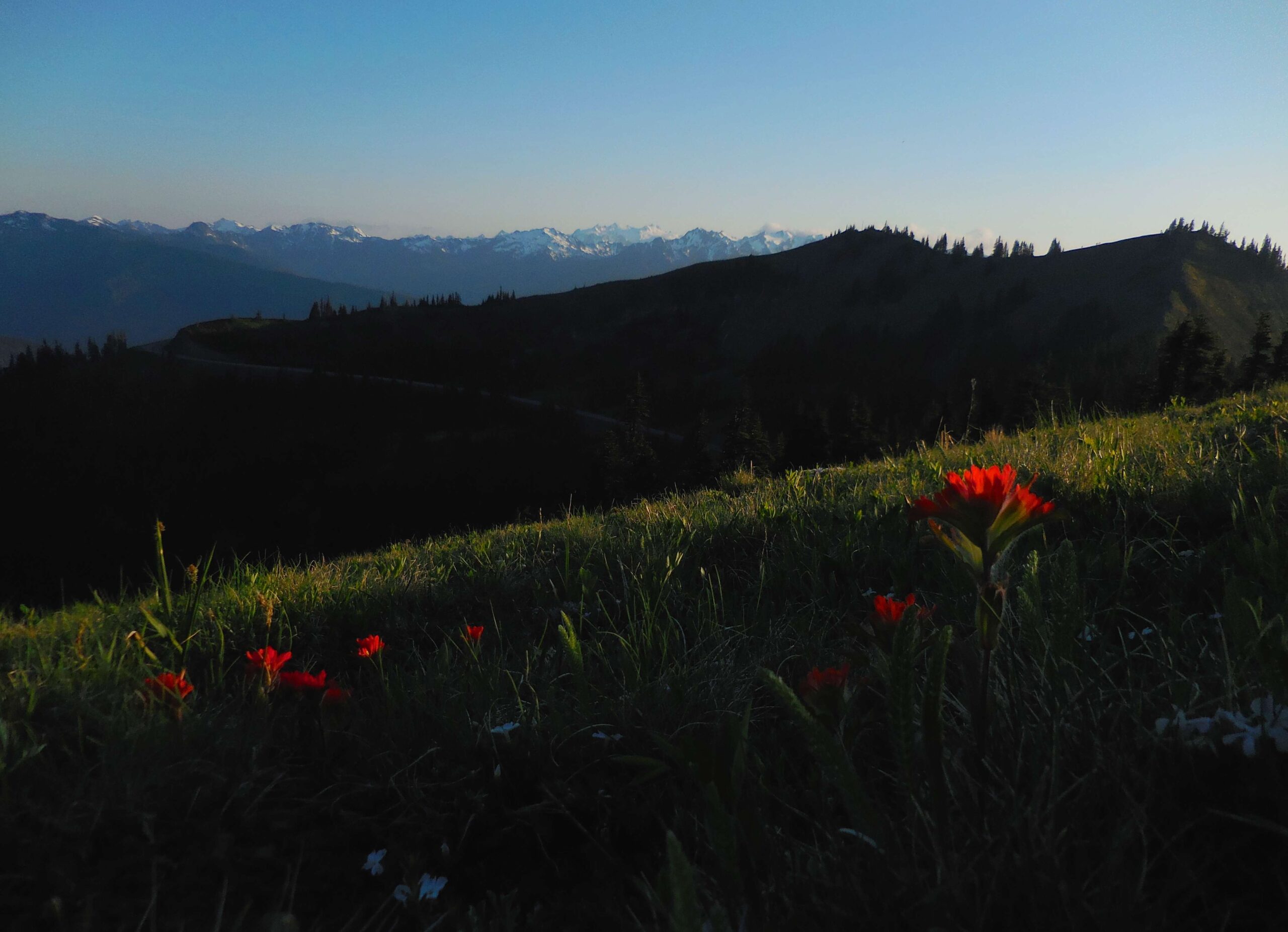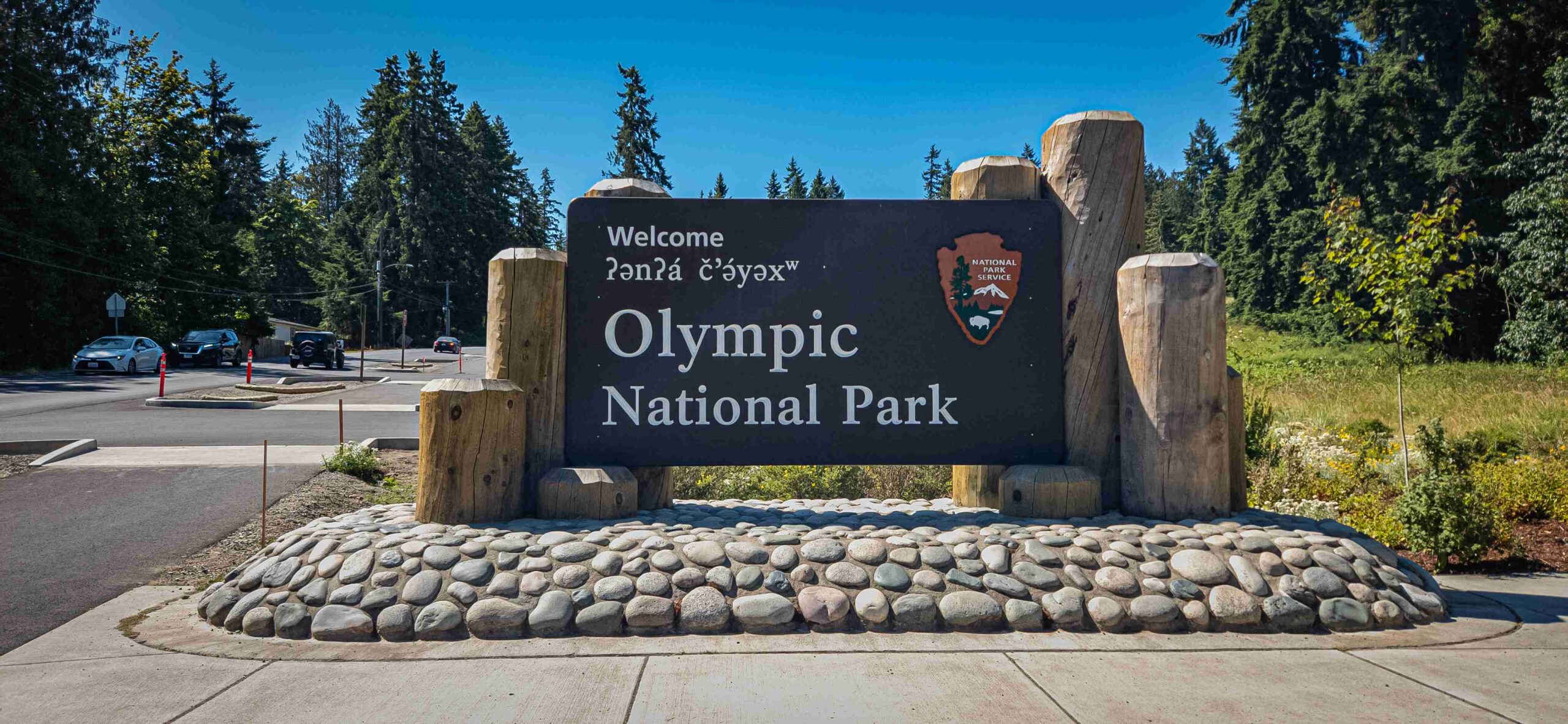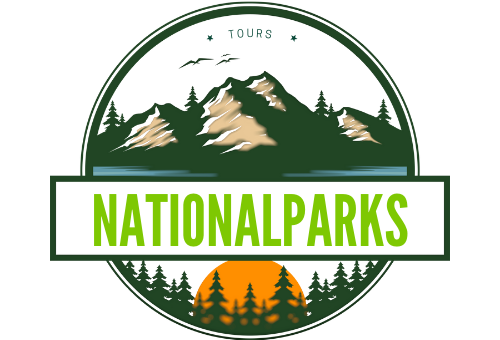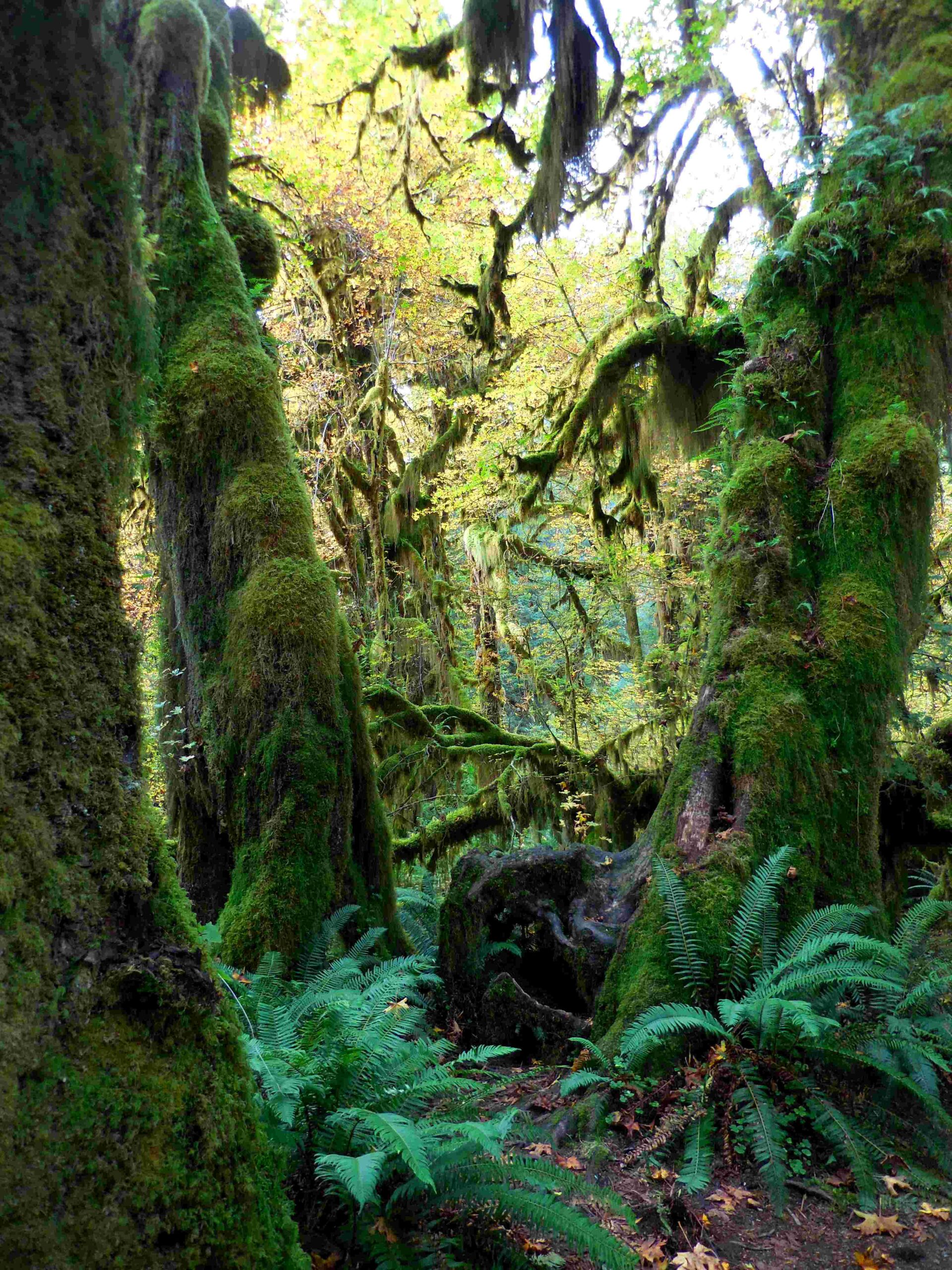Olympic National Park is renowned for its diverse ecosystems, including ancient forests that have stood for centuries. These old growth hikes offer visitors a chance to experience the majesty of towering trees, lush undergrowth, and unique wildlife. From short nature trails to challenging backcountry adventures, the park provides a range of options for exploring its primeval forests. This guide will help you navigate the best old growth hikes in Olympic National Park, offering insights on trail conditions, amenities, and transportation options.
What are the Best Old Growth Hikes in Olympic National Park?

Olympic National Park boasts several exceptional old growth hikes that showcase the park’s ancient forests. Here are some of the most notable trails:
- Hoh River Trail
- Length: 37 miles (full loop)
- Elevation Gain: Moderate
- Difficulty: Strenuous
The Hoh River Trail is a premier old growth hike that takes you through the heart of the Hoh Rain Forest. This trail offers:
– Lush old-growth forest scenery
– Waterfalls and river views
– Subalpine areas with panoramic vistas
– Excellent spring wildflowers and wildlife viewing opportunities
- Hall of Mosses Trail
- Length: 0.8 miles
- Elevation Gain: Minimal
- Difficulty: Easy
This short loop in the Hoh Rain Forest is perfect for all ages and abilities, featuring:
– Close-up views of moss-covered trees
– Diverse plant life
– Interpretive signs explaining the forest ecosystem
- Spruce Nature Trail
- Length: 1.2 miles
- Elevation Gain: Minimal
- Difficulty: Easy
Another accessible trail in the Hoh Rain Forest, offering:
– Old-growth Sitka spruce and western hemlock
– Riverside views
– Educational displays about the rainforest environment
- Enchanted Valley Trail
- Length: 13 miles (one-way to Enchanted Valley)
- Elevation Gain: Moderate
- Difficulty: Strenuous
Located in the Quinault Valley, this trail showcases:
– Some of the largest and oldest trees in the park
– Scenic river views
– Impressive vertical rock walls
– Diverse old-growth species including Sitka spruce, western hemlock, and Douglas fir
What Amenities are Available at Old Growth Trailheads?

When planning your old growth hikes in Olympic National Park, it’s important to know what facilities are available at the trailheads. Here’s a breakdown of common amenities:
| Amenity | Availability |
|---|---|
| Parking | Most trailheads have designated parking areas, some with van-accessible spots |
| Restrooms | Available at major trailheads like Hoh Visitor Center and Graves Creek Campground |
| Picnic Areas | Some trailheads offer picnic facilities, such as near the Hoh River Trailhead |
| Accessibility Features | Certain trails have compacted gravel surfaces, boardwalks, and bridges for improved access |
It’s always advisable to check with the park’s visitor centers for the most up-to-date information on amenities and trail conditions before setting out on your hike.
What Conditions and Challenges Should Hikers Expect?
Hiking in Olympic National Park’s old growth forests comes with its own set of conditions and challenges:
- Weather Patterns
- Significant rainfall, especially in winter
- Spring: Warmer weather, melting snow, but wet and muddy trails
- Summer: Generally drier, ideal for hiking
-
Autumn: Cool and wet conditions return
-
Trail Maintenance
- Trails are generally well-maintained
- Some sections may be closed for maintenance or due to weather conditions
-
Always check current trail status before your hike
-
Permits and Regulations
- Day hikes typically don’t require permits
- Overnight backpacking trips require wilderness permits
- Check with park authorities for specific regulations or restrictions
How Can Visitors Access Old Growth Trailheads?
Accessing the old growth hikes in Olympic National Park requires some planning. Here are the main transportation options:
- Public Transport
- Limited within the park
-
Some shuttle services available during peak season
-
Shuttle Services
- Offered during summer months
- Connect key trailheads and visitor centers
-
Help reduce traffic and parking congestion
-
Driving Routes
- To Hoh Rain Forest: Take US-101 to Hoh River Road, follow to Hoh Visitor Center
- To Quinault Valley: Take US-101 to Quinault Lake South Shore Road, follow to Graves Creek Campground
Estimated Travel Times:
– From Port Angeles:
– Hoh Visitor Center: ~2 hours
– Quinault Valley: ~2.5 hours
– From Seattle:
– Hoh Visitor Center: ~4 hours
– Quinault Valley: ~4.5 hours
What Should Hikers Pack for Old Growth Forest Trails?
When embarking on old growth hikes in Olympic National Park, proper preparation is key. Here’s a list of essential items to pack:
- Clothing
- Waterproof jacket and pants
- Moisture-wicking base layers
- Sturdy, waterproof hiking boots
-
Extra socks
-
Navigation
- Trail map and compass
-
GPS device (with extra batteries)
-
Safety Equipment
- First aid kit
- Emergency shelter (for longer hikes)
- Whistle
-
Headlamp or flashlight
-
Food and Water
- More water than you think you’ll need
- High-energy snacks
-
Water purification system for longer hikes
-
Miscellaneous
- Insect repellent
- Sunscreen
- Camera
- Binoculars for wildlife viewing
Remember to always follow Leave No Trace principles to help preserve the pristine nature of these old growth forests for future generations.
How Can Visitors Minimize Their Impact on Old Growth Forests?
Preserving the delicate ecosystems of Olympic National Park’s old growth forests is crucial. Here are some ways visitors can minimize their impact:
- Stay on Designated Trails
- Prevents damage to fragile vegetation
- Reduces erosion
-
Protects wildlife habitats
-
Practice Leave No Trace Principles
- Pack out all trash
- Avoid disturbing plants and animals
-
Use established campsites when backpacking
-
Respect Wildlife
- Observe animals from a distance
- Never feed wildlife
-
Store food properly to avoid attracting animals
-
Be Mindful of Noise
- Keep voices low to avoid disturbing wildlife and other hikers
-
Enjoy the natural sounds of the forest
-
Use Biodegradable Products
- Choose eco-friendly soaps and sunscreens
- Dispose of waste water away from water sources
By following these guidelines, visitors can help ensure that Olympic National Park’s old growth forests remain pristine for generations to come.
Olympic National Park’s old growth hikes offer a unique opportunity to experience some of the most ancient and awe-inspiring forests in North America. From the easily accessible Hall of Mosses Trail to the challenging Enchanted Valley Trail, there’s an old growth hike for every skill level and interest. By properly preparing for your hike, respecting the environment, and following park guidelines, you can have a safe and memorable experience in these remarkable ecosystems.
References:
1. Ancient Groves Main Trailhead – U.S. National Park Service
2. Olympic National Park – Old-Growth Forest Network
3. Visiting Olympic National Park in Spring – Wildland Trekking

